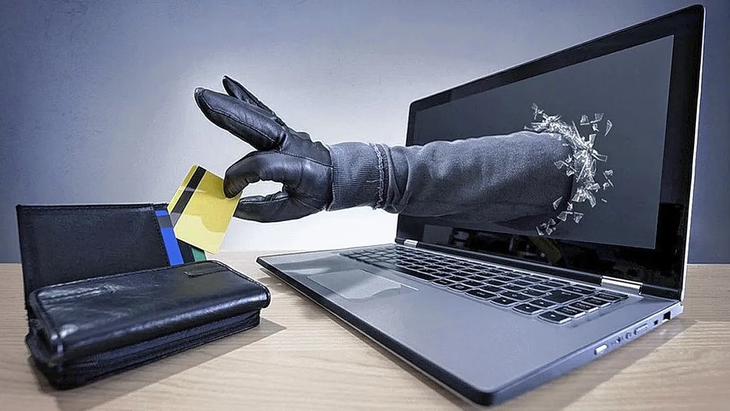Retirees are one of the most vulnerable groups to hacking and computer crimes.
The virtual scams They are one of the means that the hackers and computer criminals to steal sensitive data from victims and thus steal their money. They take advantage of people’s lack of knowledge, and are constantly on the lookout waiting for someone who is distracted or a person who doesn’t have many cybersecurity knowledge.
The content you want to access is exclusive to subscribers.
This last group usually includes older people, who are not always aware of updates and are not very familiar with technology, so they can more easily trust these scams. He Comprehensive Medical Care Program (PAMI)which is made up of this age group, launched a warning for retirees to be alert to a new online theft tactic.


Virtual scams

The new form of virtual scam
With the recent changes that PAMI applied so that retirees can access free medicineshundreds of doubts arose about how to upload the new required information to the official website, and that is where the criminals came into action. A message arrives WhatsApp that says “new subsidy of 100% discount for retirees. Register by selecting the blue letters“. If the attached link is entered, the criminals take over the person’s account and other data until they finally achieve their goal: keep the retirees’ money.
There were several cases reported. One of them in the Buenos Aires town of San Pedro. One woman pointed out that her husband couldn’t get some medication. He called the PAMI office in that city and, Since he didn’t get a response, he searched on social media. and the number of scammers appeared. After communicating via WhatsApp with a supposed office of the City of Buenos Airesa fake employee contacted her to ask for some information so she could process a new credential for her husband.
They made him download an application, send photos of his license and scan a QR code. The call lasted approximately 15 minutes and after this, the scammers told her that they would call her again to confirm the confirmation of the procedure, but this never happened. The woman discovered the theft when He opened his home banking and saw that 450 thousand pesos were missing from your bank account.
Tips to avoid falling into hacks or virtual scams
- Never respond to emails that ask you personal data and don’t click on the link they share
- A bank or public body will never ask you to change your personal data or passwords online, through a link sent in an email, through social networks or through a phone call.
- It is important that you pay attention to the wording of the message or in the link sent. Many times, it is almost imperceptible, but somewhere they reveal the fraud: misspellings or alterations in the URL that is supposedly official.
- Don’t trust promotional adsgifts, discounts, loans or any service interruption. It is necessary that you always corroborate the veracity.
- Find out about the store’s reputation or the site before making an online purchase. Another user’s experience can be of great help to us.
- If you can, it is important to use the double factor authentication in all applications
- If you have to change your password, be sure to do so always from the official site from the bank or the app
- If you are contacted by a public or private organization via WhatsApp, verify the authentication logo of the public body that is being contacted.
- If you have doubts about where to report, remember that you can always do it at police stations, prosecutor’s offices or through the line 137.
Source: Ambito




